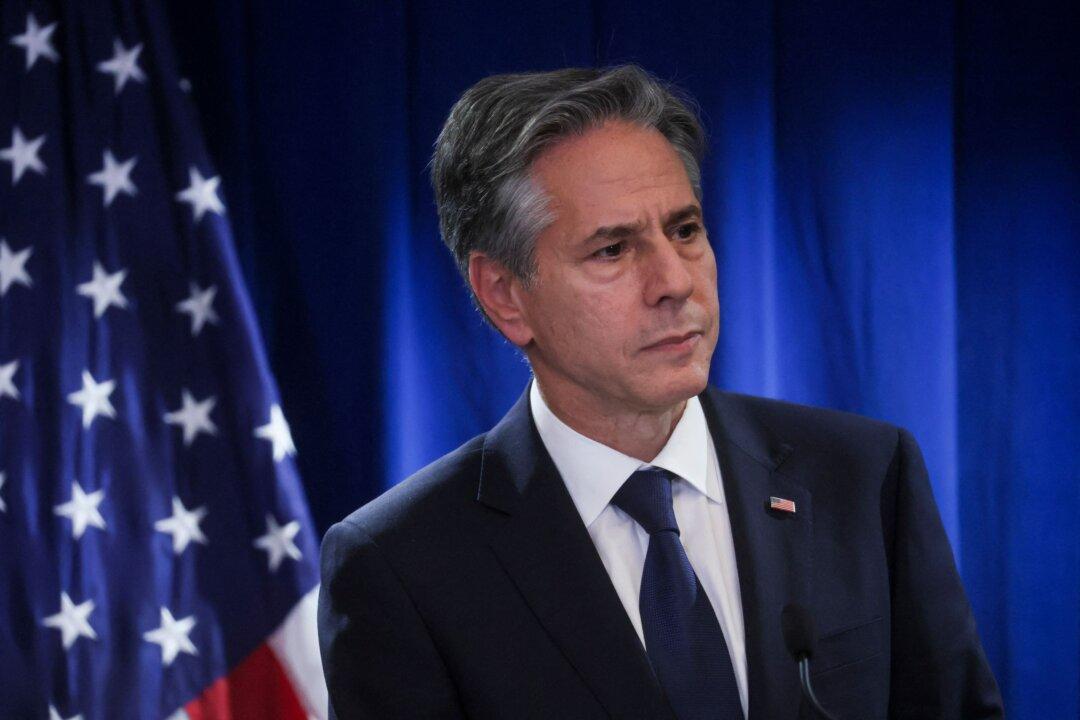The United States’ top diplomat is calling for increased diplomatic engagement with China’s communist regime following a massive hack of State Department emails by China-linked cybercriminals.
Secretary of State Antony Blinken said the Biden administration would redouble its efforts to engage diplomatically with communist China following the hack of hundreds of thousands of U.S. government emails by China-linked cybercriminals.




